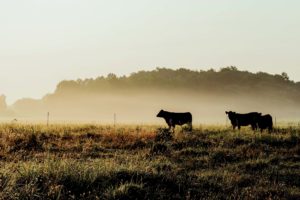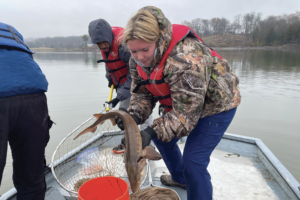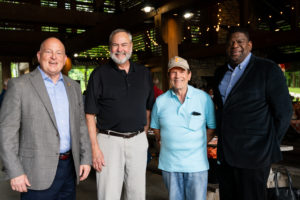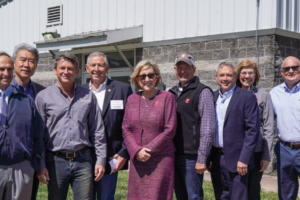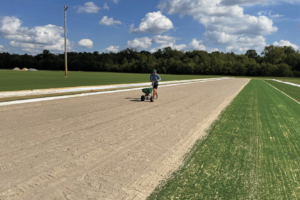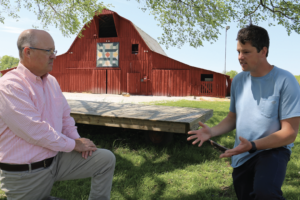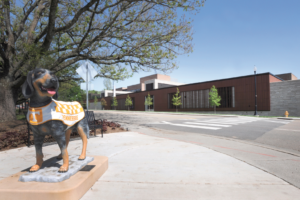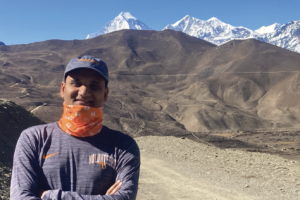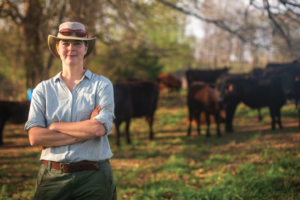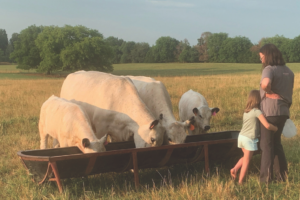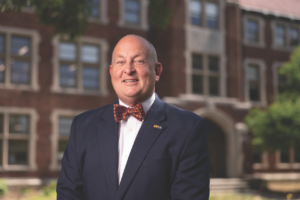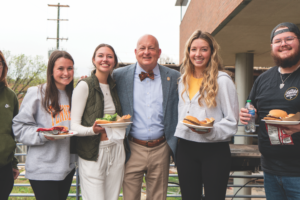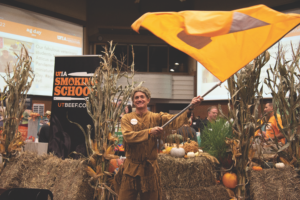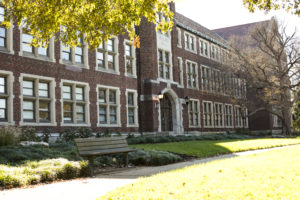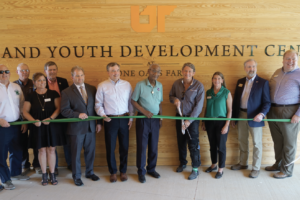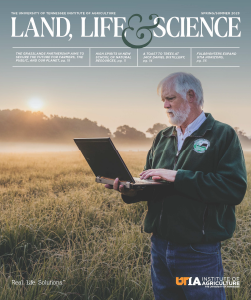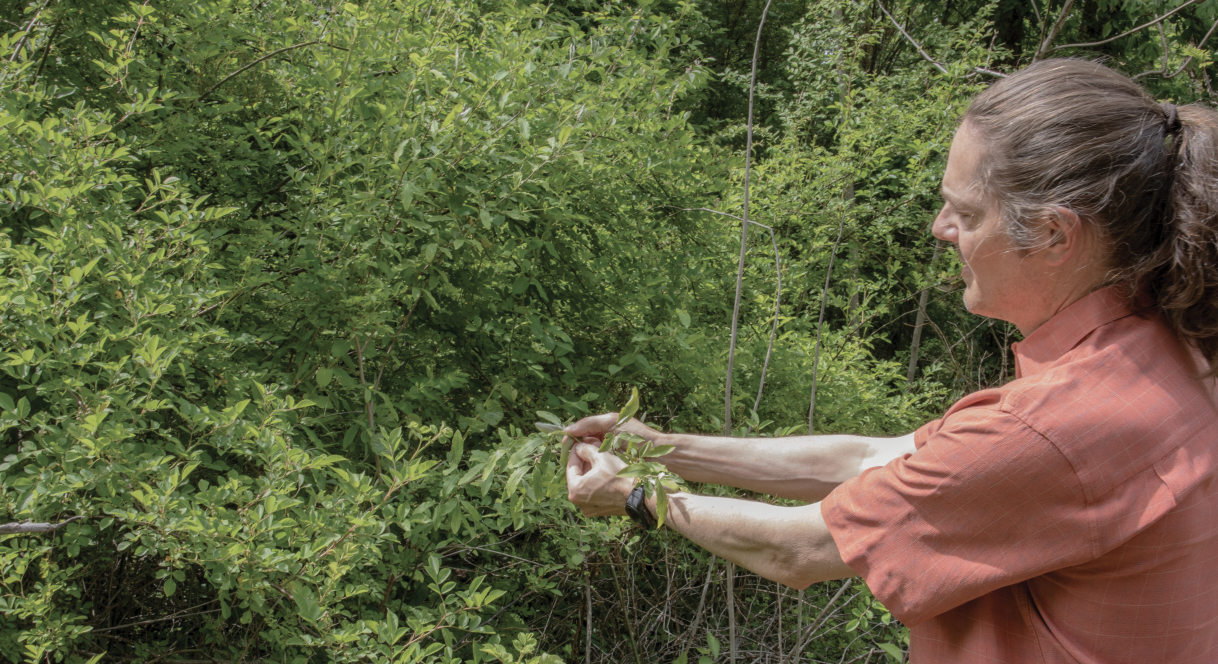
Kwit holds a joint appointment as associate professor in the Herbert College of Agriculture School of Natural Resources and the Department of Ecology and Evolutionary Biology in the College of Arts and Sciences. In addition he serves as a Baker Experts Program Fellow in the Howard H. Baker Jr. School of Public Policy and Public Affairs; a Smith Global Leadership Fellow with the UTIA Smith Center for International Sustainable Agriculture, and is past chair of the Southeast Chapter of the Ecological Society of America.
I teach to witness the impact of learning.
Intentional design, application of knowledge, and promotion of productive discovery defines who I am in my teaching contexts. I do this in two different colleges at the University of Tennessee, and with both my academic community and the public at large. In my interactions with students at UT, I have designed and taught courses that promote experiential learning. This includes a service learning-designated course in Wildlife Vegetation and Habitat, wherein students apply their plant identification knowledge for partner organizations to help them attain their missions. Those partners over the years have included Ijams Nature Center, the Knoxville Botanical Garden and Arboretum, Native Plant Rescue Squad, and others. Students have spent hours removing non-native invasive plants at some of these properties and have helped rescue and place native plants. These service learning opportunities have helped our students get to know how our local organizations work and how volunteering is arguably the most important activity that results in accomplishments. I also allow students to experience the preparations and follow-through involved with research projects in the context of my Rare Species Biology, Conservation and Management course. It also comes through in my undergraduate research mentoring.
As an undergraduate research mentor at UT (currently in the School of Natural Resources and the Department of Ecology and Evolutionary Biology), I liken myself to an ecotourism guide with an advertising and logistics team (graduate students). Fundamentally, my undergraduate research “tours” (i.e., the research opportunities and experiences), much like ecotourism itself, are (1) connected to nature (i.e., nature-based, mainly in the area of seed dispersal ecology), (2) education-focused, and (3) sustainable, though not in the traditional sense of minimizing impact, but meaning that they inspire lifelong learning while being holistically respectful. The students I mentor typically have a general goal in mind based on a shared interest. After discussing those goals, we co-develop and co-navigate a plan, complete with writing the framework, and preparing for logistics, data collection, and analysis. At some point, I step back and let those students complete their tasks and describe their experience to get a sense of their accomplishments. These tours, most of which have involved bears, birds, ants, and their interactions with plants, have been some of the most rewarding experiences I have had here at UT. The student accomplishments and continued successes have helped shape my, and their, Volunteer experience.
MORE FROM THIS ISSUE
